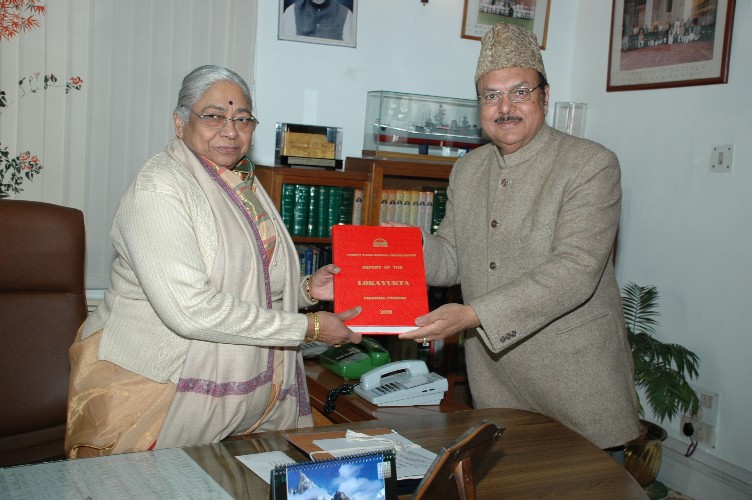New Delhi : In the backdrop of India’s economic interests — particularly in oil and gas sector — growing in South China Sea, Indian Navy chief Admiral Nirmal Verma Thursday warned that conflict in the region and its outcome would have a major global fall-out, especially for those with considerable economic interests there.
Verma, delivering the keynote address at a United Services Institute (USI)-organised national security seminar here, also called for a multilateral security architecture for the Asia-Pacific region that can ensure peace and stability.
“We are seeing certain edginess in the relations between the countries of this region. The potential for conflict in the South China Sea and the instability of the Korean peninsula have heightened the awareness of policymakers, scholars and analysts to the region’s shortcomings in terms of institutional arrangements to resolve potential crises,” he told the participants of the think-tank’s seminar.
“The South China Sea, in particular, is an area of significant concern… The developments in the South China Sea and the outcomes will have major implications not only for the countries in the region, but for the world at large, as many nations have considerable economic interests in the region,” he said.
India has in the recent years entered into a deal with Vietnam under which Indian oil companies carry out oil exploration and develop oil wells in South China Sea. With China claiming South China Sea as its territory, Beijing has objected to India carrying out oil exploration in the waters there, though New Delhi holds that it was doing so only within Vietnamese territory.
India also favours free navigation in South China Sea, a stand voiced by New Delhi after it warship visiting Vietnamese port was warned on the open radio channel by an unidentified Chinese vessel or aircraft in the middle of this year.
Verma pointed out that Asia-Pacific region is home to numerous major shipping lanes, which service regional as well as global trade. “Disruption of traffic flow on these routes could thus have a severe impact on the global economy,” he said.
For that reason, he called for brain-storming on the structure and content of the security architecture that would offer “a best fit” to promote peace and stability in South China Sea, owing to the peculiarities of the region.
“Precisely for this reason, ready-made solutions do not exist and that it may not also be feasible to borrow an existing arrangement functioning in another region to be applied in the Asia-Pacific,” he said.
The navy chief said a scan of the multitude of threats that exists in the region, makes it apparent that unilateralism, as a strategy, may be inadequate and that multilateral cooperative mechanisms is the way forward.
“As most would agree, many contemporary issues that impinge upon the peace and stability of the region are beyond the capacity of any one country to handle single-handedly and therefore require, cooperative and collective action,” he added.
As a model, Verma suggested the ongoing deliberations regarding multilateral effort under the aegis of the United Nations in combating piracy, if it can be applied in the region.
IANS


